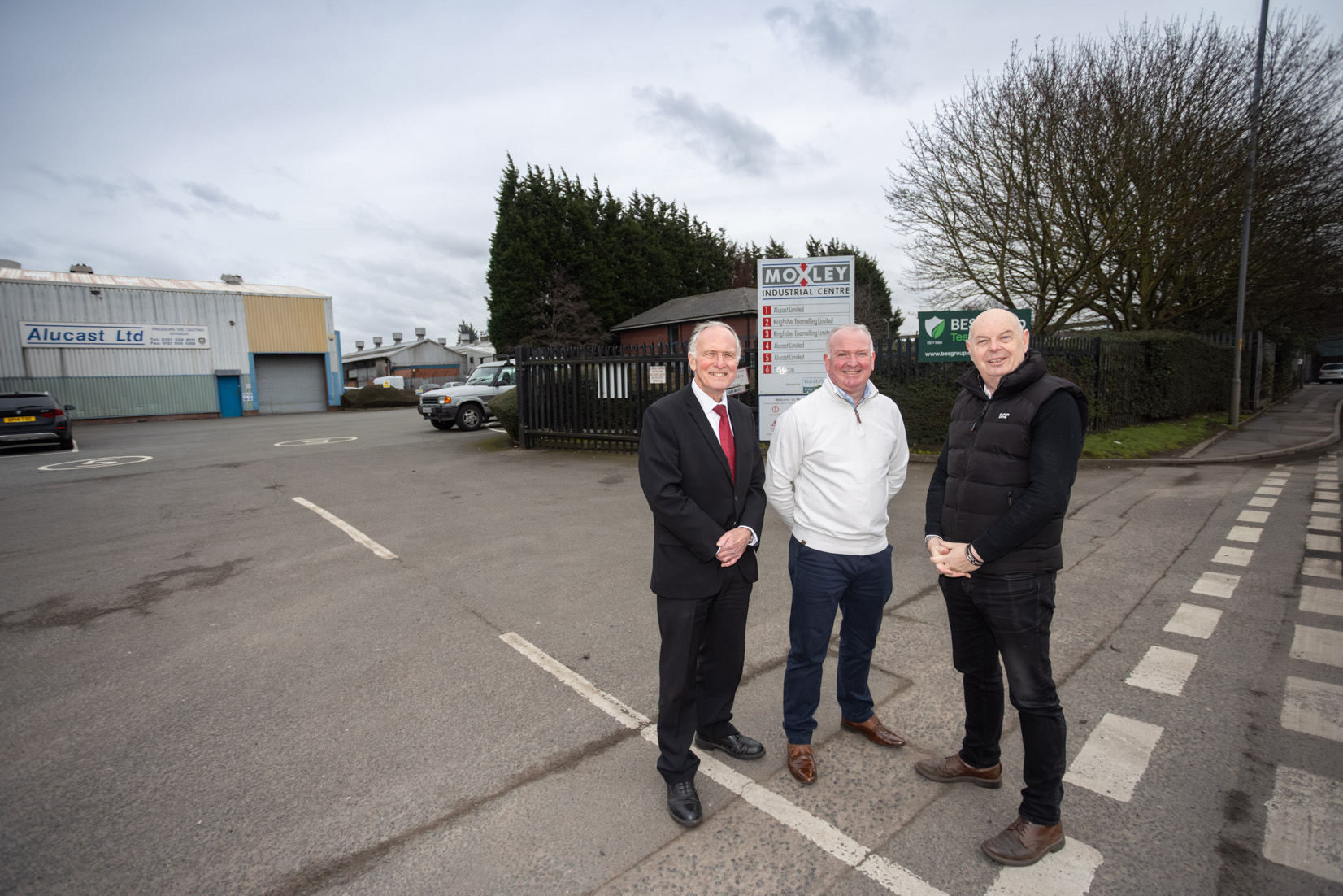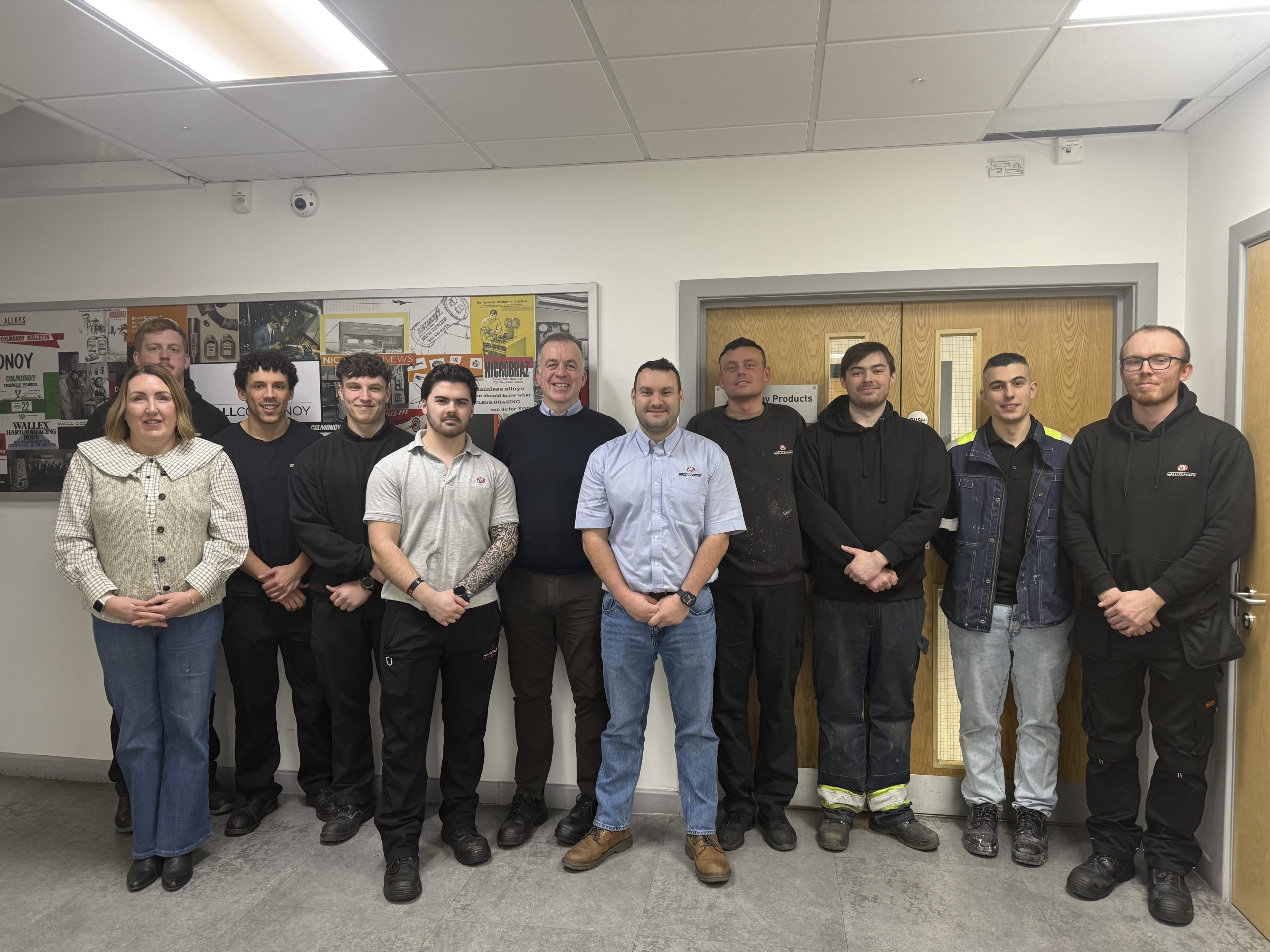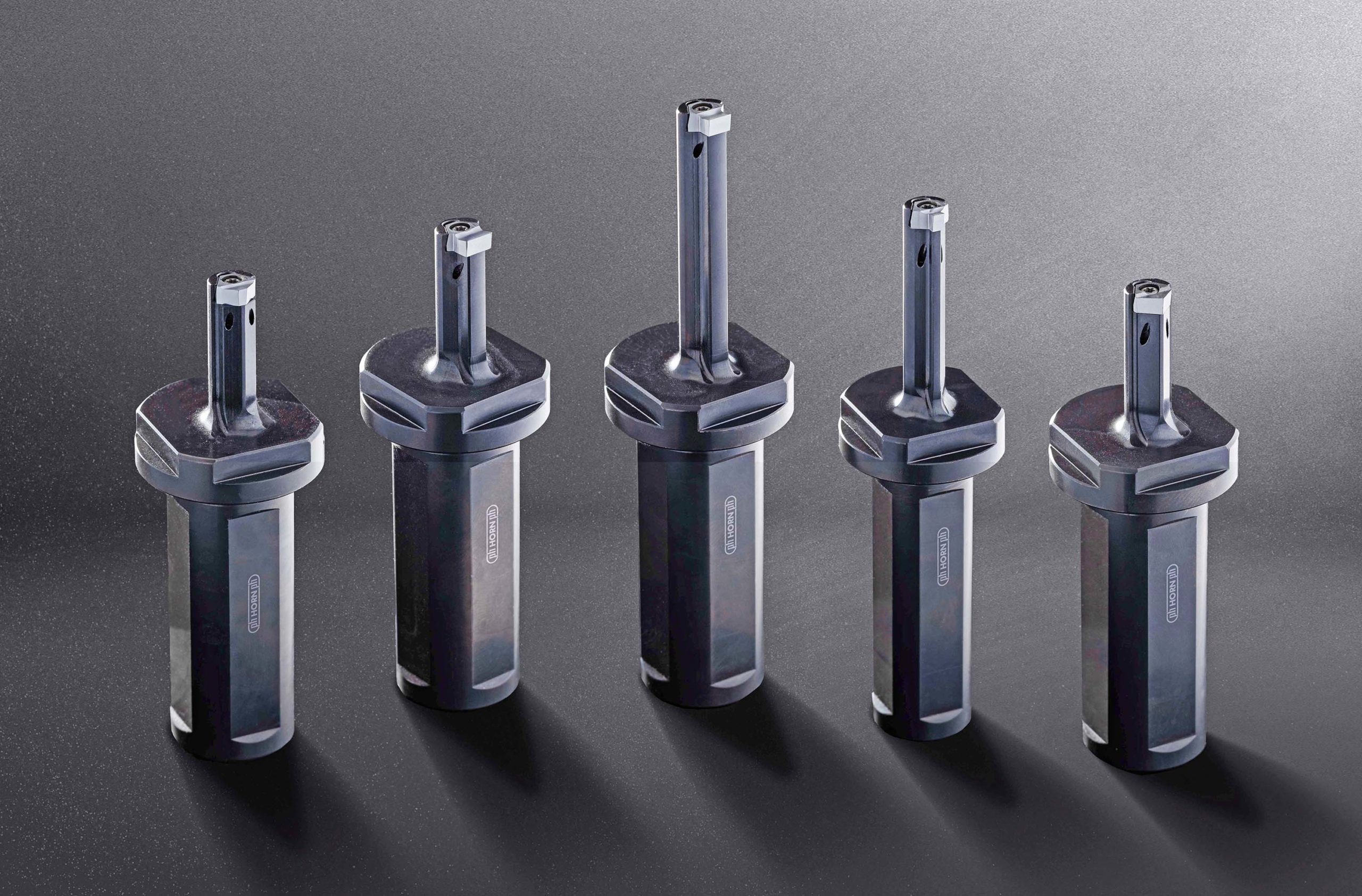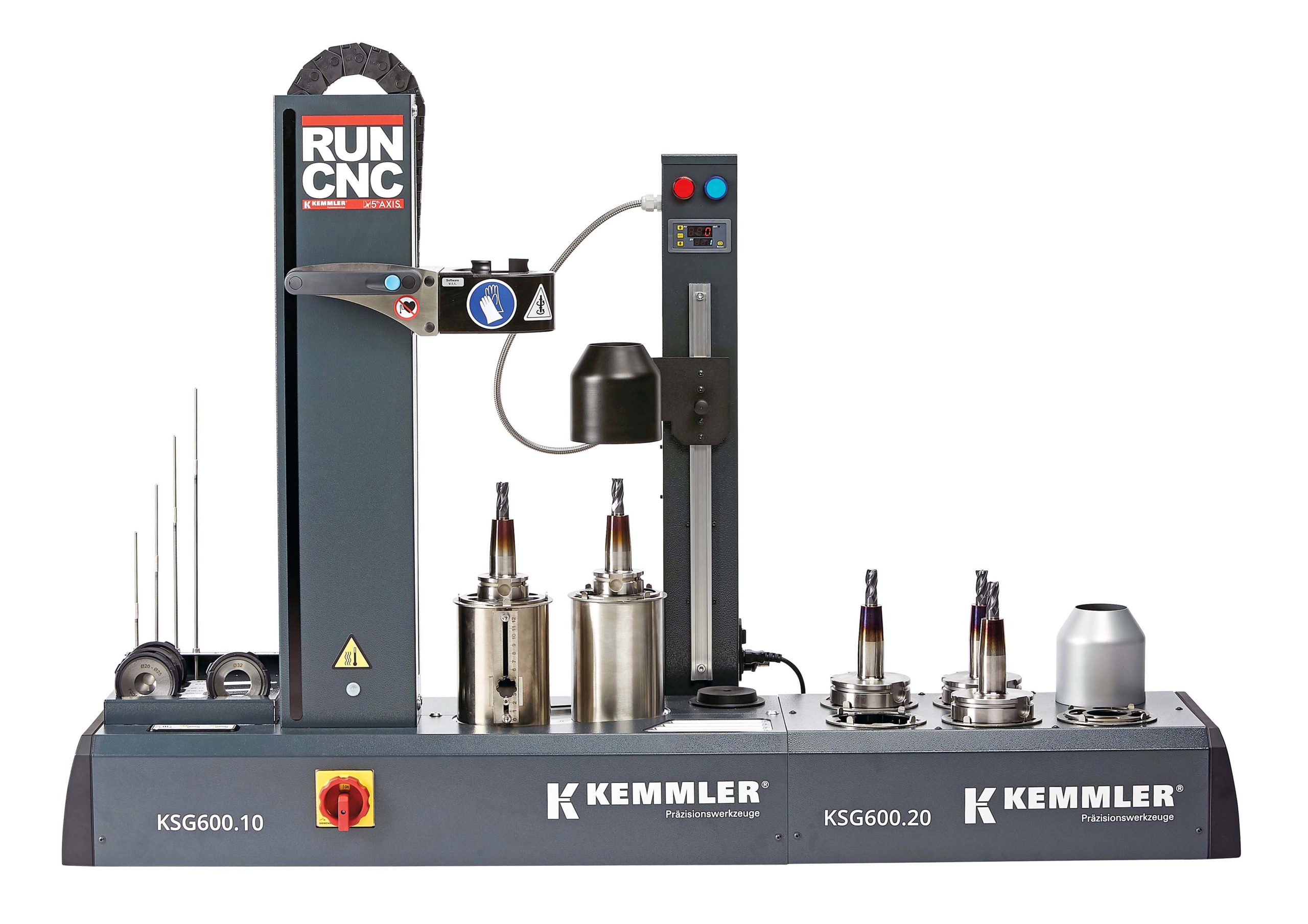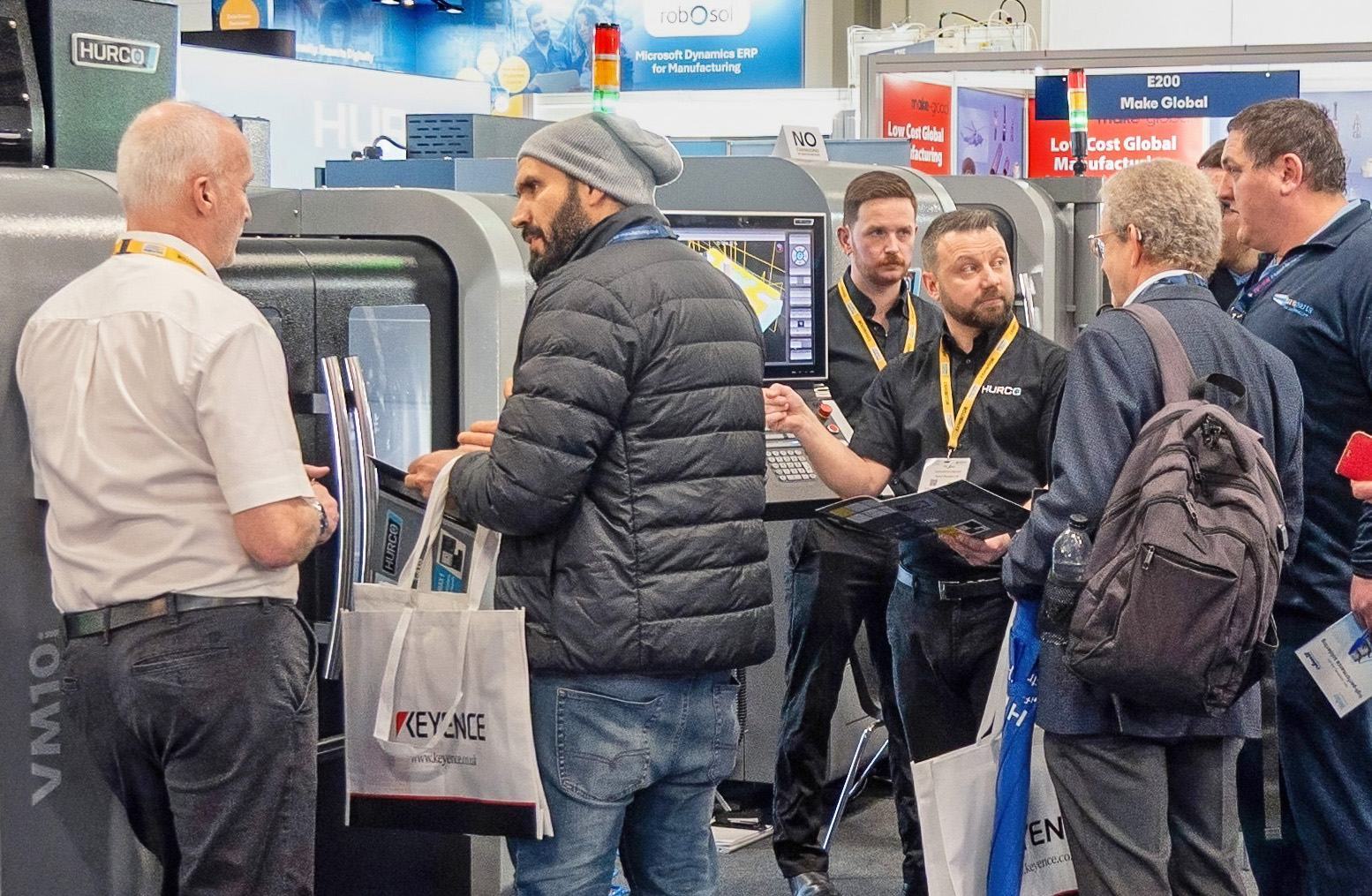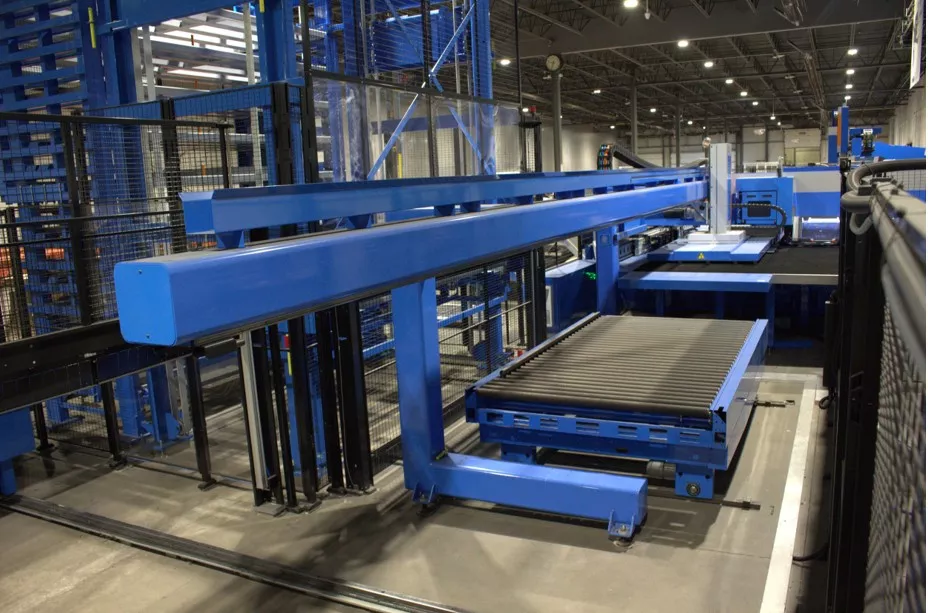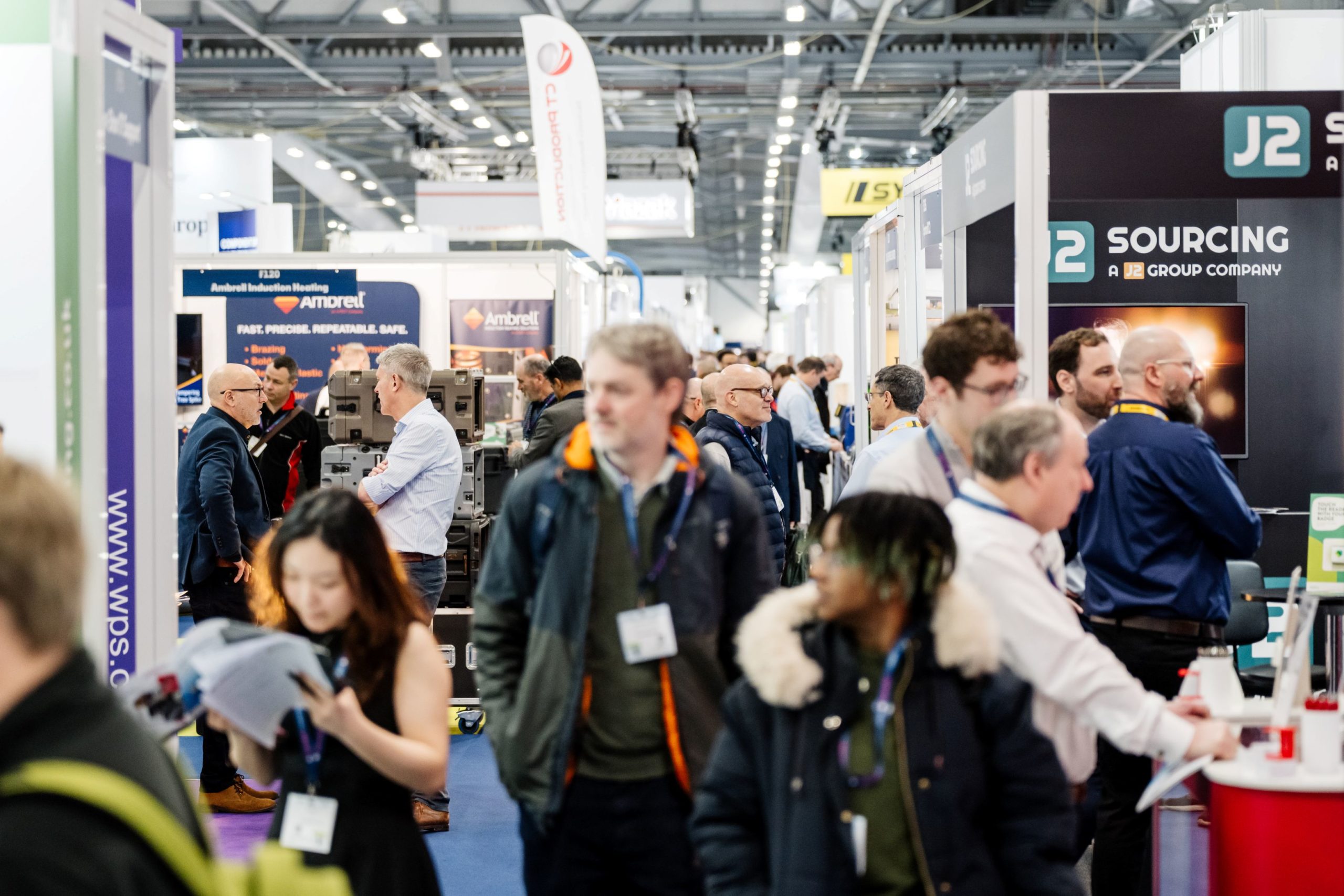Maximum impact with minimal effort
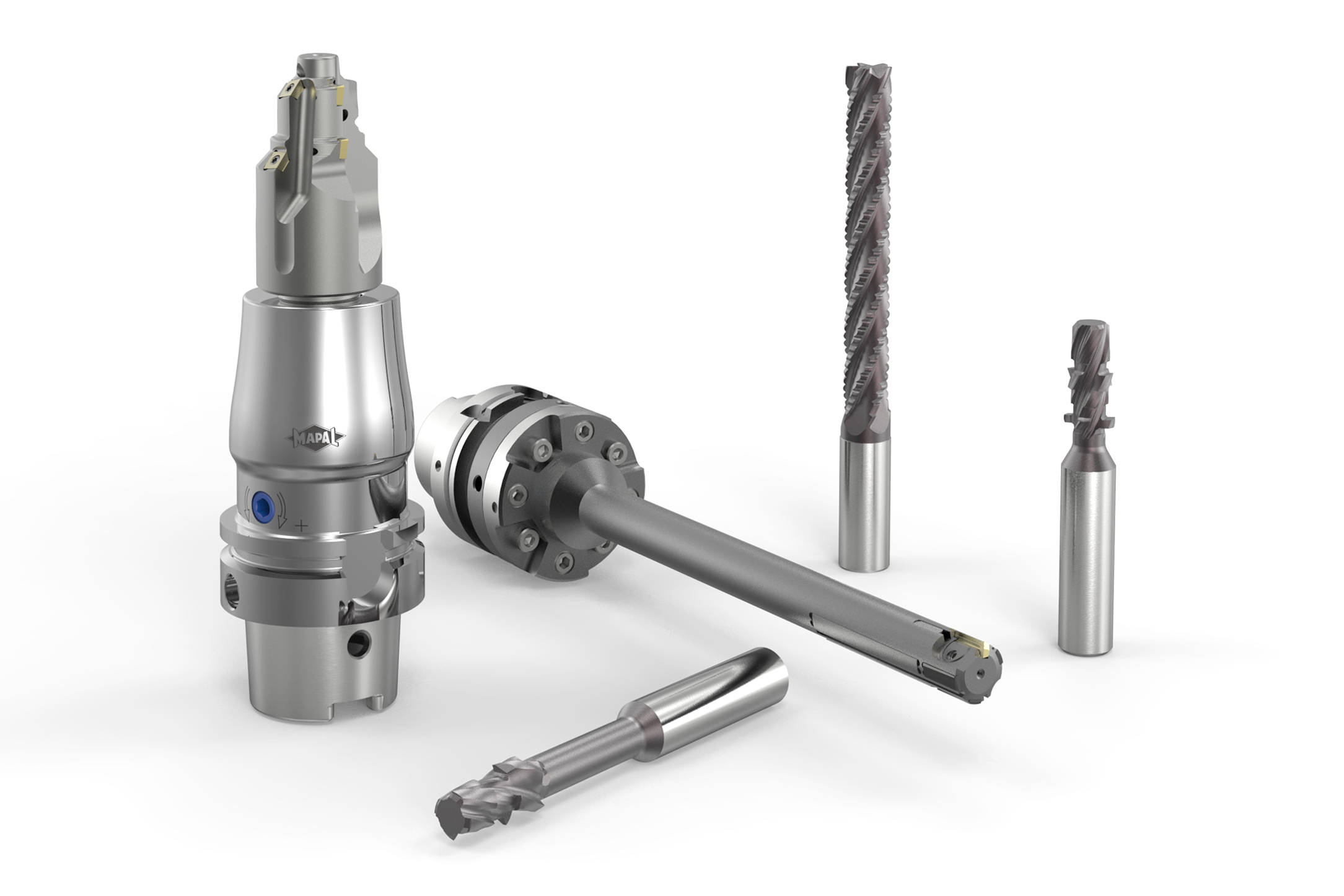
Boosting productivity does not always mean investing in new machinery or expanding capacity. Often, the key lies in achieving more with the same resources or maintaining output with less effort. MAPAL has built its approach around this principle. By defining model processes for strategic components and then adapting them to individual requirements, the company helps manufacturers produce faster, more accurately and more economically. Successes from a range of industries demonstrate how powerful this strategy can be.
Adapted solutions for hydraulics
In the fluid power sector, MAPAL has established a proven process for machining the spool bore in hydraulic valve housings. The geometry is broadly similar across systems for construction and agricultural machinery, but precision is vital because the spool must move accurately to control different oil circuits. The standard sequence pilots the bore with a solid carbide drill before finishing with a boring tool.
However, MAPAL does not apply a single rigid template. For a hydraulic control unit used to drive an excavator, the company selected a pilot drill with three cutting edges, enabling high feed rates in GG25 cast material. The subsequent carbide boring tool, also with three cutting edges, roughs and finishes in a single step. By switching from its previous tooling supplier to MAPAL, the customer cut machining time from 70 seconds to under 10 seconds. With 3,000 components produced each month, this resulted in more than 50 hours saved and a significant boost in productivity with no increase in tooling demands.
Higher output for electric motors
Electromobility has increased demand for high-precision machining of stator housings. MAPAL’s generic component process has been in place for several years, based on fine-boring operations. As production volumes rise for mid-range vehicles, manufacturers seek reduced adjustment effort as well as higher speeds. MAPAL now offers a solution featuring HPR400 technology. PCD inserts are simply inserted and tightened rather than set, halving set-up effort. With eight inserts instead of four, machining speeds are doubled. The result is higher output with less effort without compromising accuracy. Guide pad technology remains essential where the tightest tolerances or thin-walled components are involved.
Reliable rivet hole machining in aerospace
Commercial aircraft require millions of riveted joints, and machinists working with handheld systems must achieve consistent precision. MAPAL’s spot-facing tools with micro-stop cages act as a depth stop to ensure uniform results regardless of the operator. Pre-configuration eliminates adjustment on the shop floor. The tools are available with various cutting materials for aluminium, CFRP and titanium, and colour coding prevents mix-ups. Optional dust extraction is built directly into the tool. The same technology is used for mirroring or metallising around rivet holes to ensure electrical conductivity and lightning protection. Even in these seemingly simple operations, preventing errors safeguards quality and productivity.
Across automotive, aerospace and fluid power, smart design and close cooperation with customers allow MAPAL to unlock significant performance gains. As a technology partner, the company delivers not only tools but guidance, process expertise and measurable improvement.

